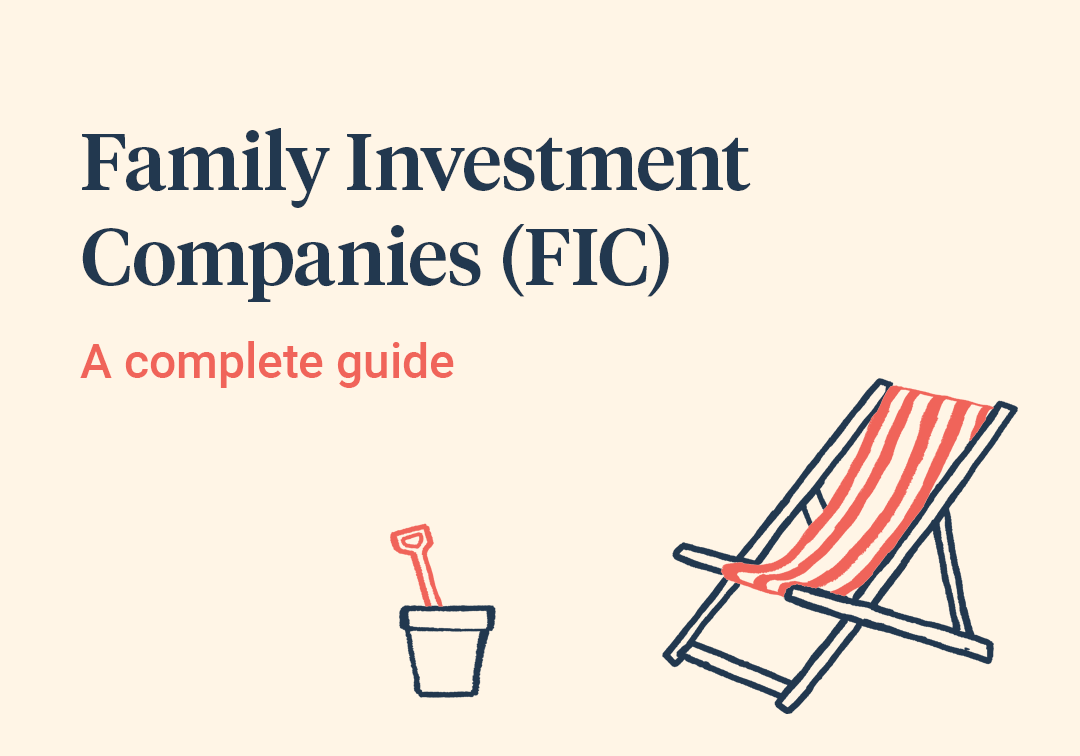Back in September 2022, my colleague wrote about the five pillars of financial wellbeing[1]. Today’s article hones in on the fifth pillar which is ‘clarity and security for those we leave behind’, focussing on the need for wills and lasting powers of attorney.
This is a particularly poignant piece for me because within the last year I have lost two aunts. As is often the case, it was unforeseen, but thankfully their pain was short lived. When I reflect on their respective last few weeks, I recognise that, if the following legal documents had been completed, then it may have been a little easier for them, and for us as a family. We all fall foul of pushing back life admin but I hope this article will provide a useful guide on the importance of clarity and security for those we leave behind.
Why is a valid will important?
Legacy planning means different things to different people. A will is the legal document which “lets you decide what happens to your money, property and possessions after your death”.[2]
If you die without a will, you are then deemed to have died ‘intestate’. It is then the laws of intestacy that decide how your legacy gets distributed. As you might expect, the rules are not simple. It will vary depending on where you live, relationship status and family, both immediate and extended.
How much do you need to retire and more…

How much income do you need to be comfortable, how much do you need invested and how to pay less tax...
If you are reading this and do not have a will, more information on intestacy can be found on the GOV.UK website.[3]
If that website makes for uncomfortable reading, I suggest prioritising getting a will completed as soon as possible.
One of my aunts was very specific about her legacy. Out of the blue, she was given just two weeks to live. Luckily, we were able to organise a legally binding will, but it took away time that she could have spent with family and friends. I say ‘luckily’ because being of sound mind is a key requirement when drafting a will [4], and many people who are suddenly given a short life expectancy may not be.
What is a lasting power of attorney?
A lasting power of attorney (LPA) is a legal document that lets you (the ‘donor’) appoint one or more people (known as ‘attorneys’) to help you make decisions or to make decisions on your behalf.[5]
There are two different types:
- Health and welfare
- Property and financial affairs
Both are equally important because they enable you to take control on who you trust to make those decisions.
If you lose mental capacity and these aren’t completed, then your loved ones might have to apply to the Court of Protection for permission to act on your behalf.[6] This can not only be time consuming, but also costly.
From a financial planning perspective, it could also be problematic. If all the finances are weighted in the sole name of the person who has lost capacity, the respective spouse or partner does not have a legal right to access the money. This can also come at a time when funds are needed quickly for ad hoc expenditure, or perhaps payment of bills, which will continue regardless of your situation. Hopefully, if you have partnered with a financial planner who is holistic in nature, they should have identified and planned to avoid such a scenario.
Lasting powers of attorney, once drafted, then need to be registered with the Office of the Public Guardian (OPG). Even if there are no mistakes or objection, it still takes up to 20 weeks to register.[7]
The health and welfare LPA enables your attorney to express your wishes when you are unable to in relation to your choices in areas such as life-sustaining medical treatment and general medical care. It only comes into effect once you have lost mental capacity.
My second aunt didn’t have LPAs in place. Thankfully, the NHS were brilliant and supported our requests in terms of end-of-life care; however, legally we did not have automatic authority.
Conclusion
Here at Saltus one of our values is ‘We Care’[8], which follows through into our approach when it comes to looking after your wealth and financial planning needs. Although these documents have no direct impact on growing your wealth, I would argue they play a vital role in providing peace of mind and should form part of any financial planning conversation.
Do you need help with inheritance tax planning?
Our team are well-versed in estate planning. Our advisers can guide you through the options to make the right decision for you and your family. Get in touch to discuss how we can help you.

Article sources
Editorial policy
All authors have considerable industry expertise and specific knowledge on any given topic. All pieces are reviewed by an additional qualified financial specialist to ensure objectivity and accuracy to the best of our ability. All reviewer’s qualifications are from leading industry bodies. Where possible we use primary sources to support our work. These can include white papers, government sources and data, original reports and interviews or articles from other industry experts. We also reference research from other reputable financial planning and investment management firms where appropriate.
Saltus Financial Planning Ltd is authorised and regulated by the Financial Conduct Authority. Information is correct to the best of our understanding as at the date of publication. Nothing within this content is intended as, or can be relied upon, as financial advice. Capital is at risk. You may get back less than you invested. Tax rules may change and the value of tax reliefs depends on your individual circumstances.
About Saltus?
Find out more about our award-winning wealth management services…
Winner
Best Wealth Manager
Winner
Investment Performance: Cautious Portfolios
Winner
Top 100 Fund Selectors 2024
Winner
Best Places to Work 2024
£8bn+
assets under advice
20
years working with clients
350+
employees
97%
client retention rate



